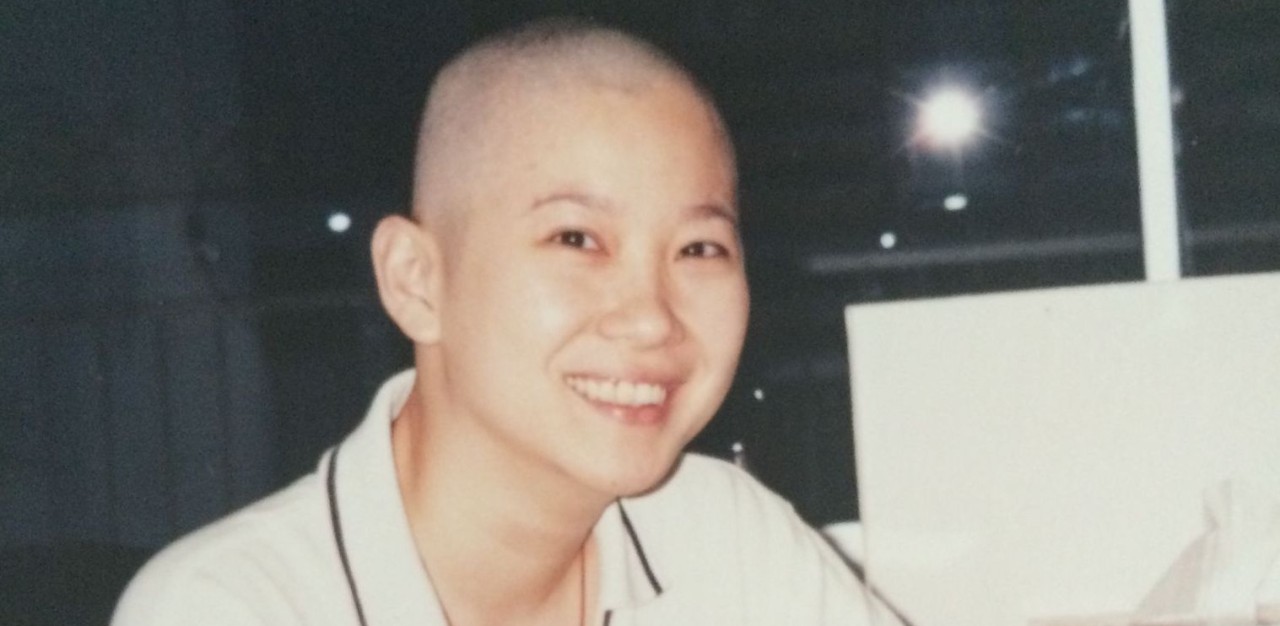The year was 1999. Nora Ng was 30.
After a long night of drinking with her friends, she stumbled into her house. As she could not hold alcohol well, she began vomiting.
“That was when I felt the sharp pain in my chest but I didn’t think anything of it because I was too ‘high’ to care. But the next morning, the pain was still there,” she recalls.
She contacted her best friend, who told her that an acute and persistent chest pain was not normal, and that she should see a doctor. During the visit to her general practitioner (GP), the doctor found a lump and referred Ms Ng to a hospital, where a biopsy was done. When Ms Ng was asked to come along with her family members for her test results a few days later, she had an inkling that it was bad news. She was diagnosed with early-stage breast cancer.
Younger women getting diagnosed with breast cancer
According to the Singapore Cancer Society, more than 2,000 women are diagnosed with breast cancer each year, and for over 400 of them, the cancer proves fatal. In fact, it is estimated that 1 in 13 women will be diagnosed with breast cancer within their lifetime.
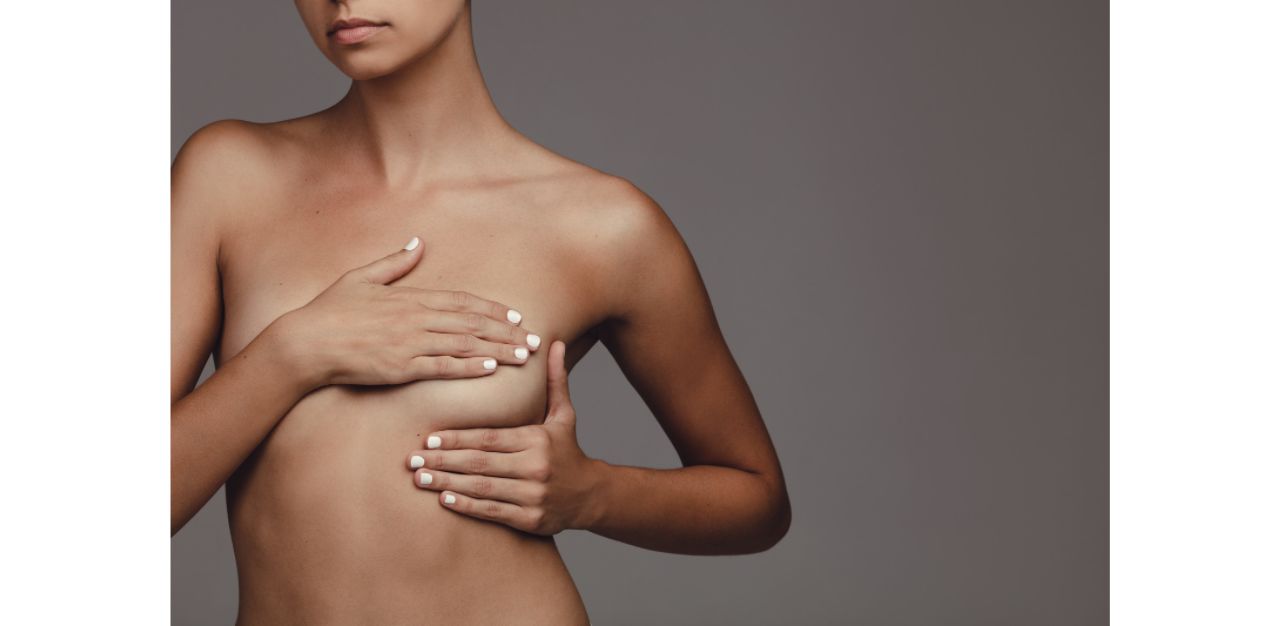
In the United States alone, over 70,000 men and women aged between 15 and 39 are diagnosed with breast cancer every year. Yet there is a common misconception here that breast cancer only occurs in older women. As a result, most younger ones do not go for mammogram, a low-energy X-ray that examines the human breast for diagnosis and screening, or for regular breast cancer assessments. Ms Ng had led a healthy lifestyle, ate cleanly, and did not have a family history of breast cancer. She was the last person anyone would expect to be diagnosed with breast cancer. Yet she received the news at 30.
Ms Ng was warded that same evening when she was given the news of her cancer and her lumpectomy, a surgery to remove the cancerous tissue in her breast, was performed the following morning.
She was only at the beginning of her treatment journey. Although the cancerous cells might have been removed, there was still a need to undergo chemotherapy to rid the area of any remaining cancer cells.
She was referred to an oncologist who recommended that she undergo four to six chemotherapy sessions every three weeks, along with a month of radiotherapy.
“Fortunately, my cancer was detected early. At the same time, I was unlucky because although my cancer was in its early stage, it was also very aggressive and it spread very fast,” she adds.
According to Clinical Assistant Professor Sim Yirong, a Consultant in the Division of Surgery and Surgical Oncology at Singapore General Hospital (SGH) and National Cancer Centre Singapore (NCCS), the number of people diagnosed with breast cancer in Singapore has tripled over the past 50 years.
Some of the reasons, she says, are that people are living longer and are proactive about screening. This means the number of diagnosed cases in young women would naturally increase. The growth may also be attributed to lifestyle-related factors.
“Some of these factors associated with increased risk of breast cancer include obesity, alcohol, smoking, having fewer children, having children later in life, use of hormone replacement therapy, and having a more sedentary lifestyle,” says Dr Sim, who is also a surgical oncologist.
“There are also other risk factors that are being studied, such as night-shift work, lack of sleep, carcinogens in our diet and environment, and these are interesting areas of research,” she adds.
At 30, a woman’s risk of getting the disease is 1 in 227, and by 60, she has a 1 in 28 chance of receiving the diagnosis. Although the odds are much lower for younger women, many like Ms Ng, who live perfectly healthy lifestyles and have no family history of cancer, are still stricken.
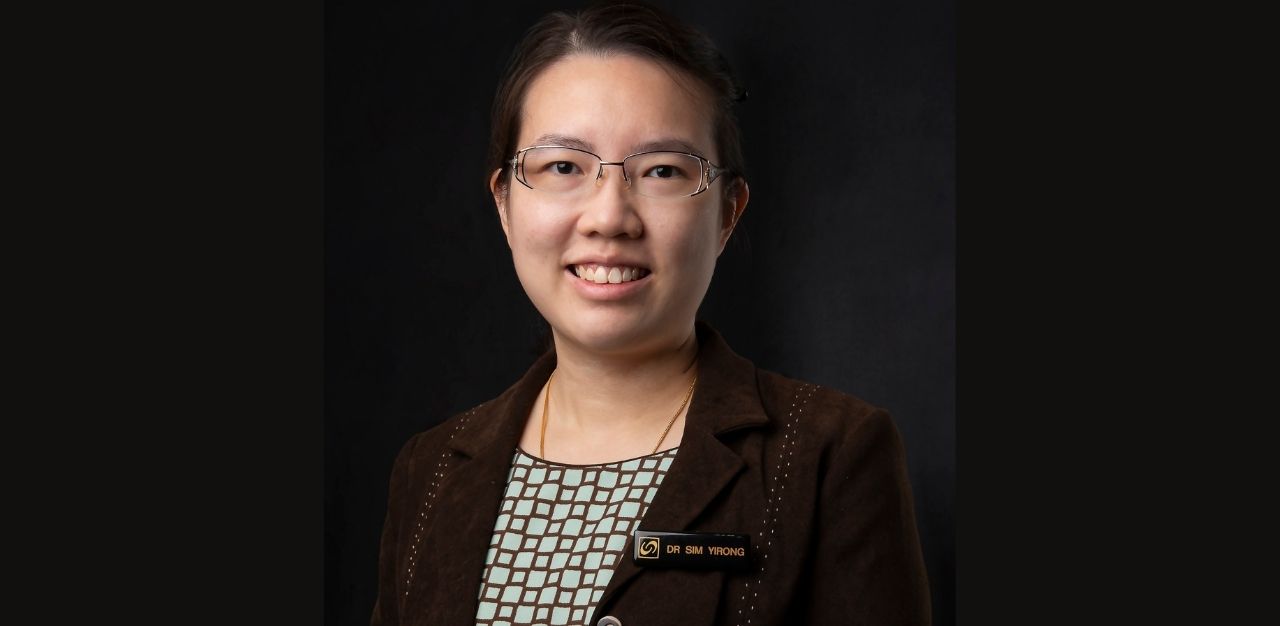
No skipping chemotherapy
Many young women with the most common type of early breast cancer can choose to avoid chemotherapy, but not for Ms Ng. Her cancer was very aggressive that her oncologist told her it would spread if she did not undergo both chemotherapy and radiation treatments. But should she go through with these life-saving treatment, it would cost her the ability to have children in the future.
“That was the first time I cried, because I love kids and I always wanted to be a mother. The thought of not being able to have my own was what hurt me the most,” she says.
As though that was not bad news enough, Ms Ng was also told that the kind of chemotherapy medication needed for her rare cancer was still in development and that the hospital had no specialised medication for her. To fully remove all her cancerous cells, they would have to treat her early-stage cancer with intensive chemotherapy and radiotherapy meant for stage 4 cancer patients and this would be significantly more draining and painful.
Ms Ng was dumbstruck. Her doctor had given her two weeks to make up her mind. When she went home, she was asked all sorts of questions and given different kinds of advice. Only one question asked by a close uncle made all the difference.
“He asked, ‘Nora, what’s the point of having children if you won’t even live long enough to take care of them?’’’ she recounts. That pushed her to choose the treatment.
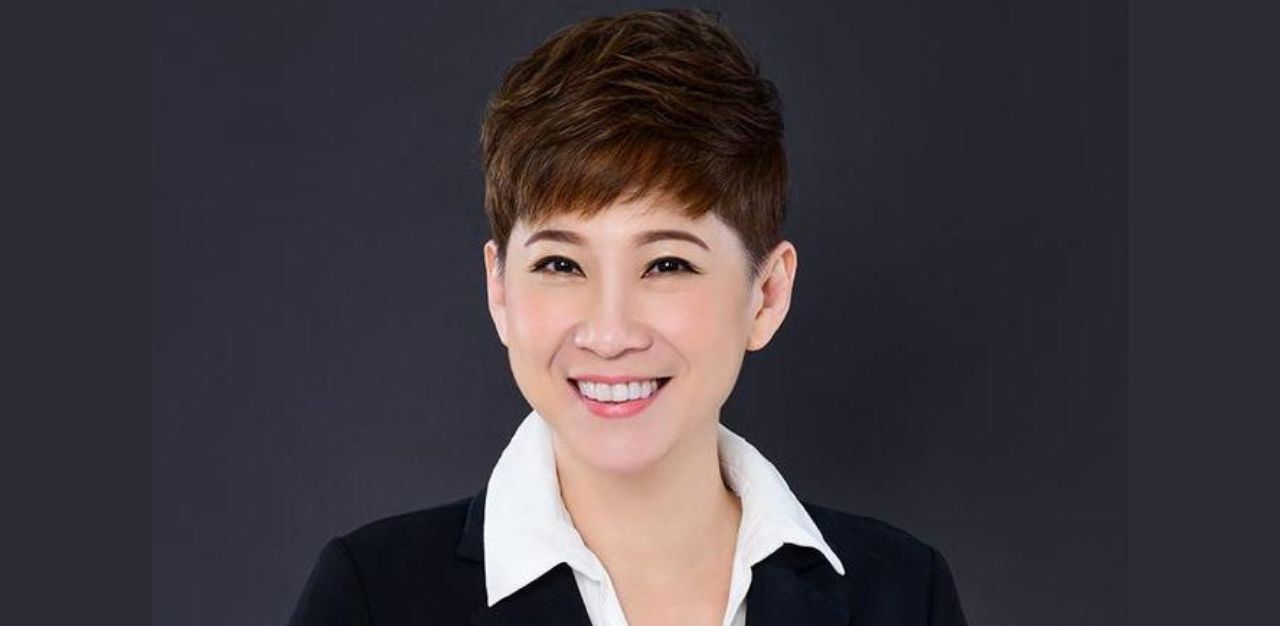
“Being diagnosed with cancer at this age will not only affect [the woman herself] but also have a knock-on effect on the people around her,” says Dr Sim.
“She will need time off from work to undergo treatment – surgery, and possibly chemotherapy and radiation therapy. The duration of treatment and recovery can take weeks to a year, depending on the stage of the cancer and the treatment required. This will have an impact on her income, financial stability and contribution to society’s workforce. She may also have concerns on her body image and sexuality, and would need peer and emotional support,” she says, adding that it also applies to women of all ages.
When she first started her chemotherapy treatment, Ms Ng began losing her hair. She recalls her feelings then.
“I thought I was prepared. I used to have long hair, and I knew I was going to lose my hair, so I cut it short. But no matter how much you prepare yourself, when you wake up one day and you see so much of your hair on the pillow, it’s still a very scary and sad feeling. I had my head shaved, because I really didn’t want to deal with the amount of hair falling off each time.”
“Going through chemotherapy was a terrible, horrible feeling, and I do not wish it on anyone. Until today, I still do not know how I managed to overcome it. It was terrible,” Nora says.
Each chemotherapy session was three hours and halfway through every session, Ms Ng would feel like giving up. She could smell the acrid stench of the medication going into her body, and each time, she felt extremely cold and nauseous. But she told herself to “press on till the very end, down to the last drop” of her intravenous (IV) drip.
The chemotherapy also caused her to vomit for days, and the medication prescribed by the oncologist did not help. Throwing her doctor’s advice not to mix Western and traditional Chinese medicine (TCM) to the wind, Ms Ng visited her TCM practitioner.
“I have always believed in TCM. This time, it helped boost my immune system and blood (cell) count, because chemotherapy kills off the red and white blood cells,” she says.
Ms Ng also had to undergo radiotherapy, which uses strong ultraviolet (UV) radiation to destroy cancer cells. It resulted in painful first-degree burns on her chest that she could not even use soap or wear a bra. To cope, she found that using pure aloe vera gel helped.
Despite how arduous her treatment journey was, Ms Ng’s extraordinary will to live kept her going. Now 52, she has been actively raising awareness about breast cancer, advocating early cancer detection and dishing out advice to countless young women years after her recovery.
“I didn’t want to die so young. I wanted to see the world. It is a beautiful place and I had not seen enough of it yet,” she says.
Options available to young women today
Dr Sim believes that adopting a healthy lifestyle and lowering one’s risk of breast cancer has to start early.
“It is a worthy investment to your overall health. Regular self-examination is vital to detect any lump or unusual changes in the breasts. It is important to seek medical attention promptly if you notice any changes or if you have any signs or symptoms that worry you,” she says.
For many young women, it is also important to undergo regular check-ups and mammographic screenings that enable early detection of breast cancer. Sex and the City star Cynthia Nixon went for regular mammograms since the age of 35 — 15 years earlier than the recommended age of 50. At 40, she detected breast cancer in its early stages, underwent treatment and made a full recovery.
Others take more drastic measures. Hollywood film star Angelina Jolie went through a preventive bilateral mastectomy after discovering that she carries a genetic mutation that increases her risk of getting breast cancer.
“There is never a good time to have cancer, but it is important to remember that breast cancer is very treatable, especially when detected early. As such, I cannot emphasise enough how important regular screening is. It can help detect breast cancer early. When found at an early stage, more treatment choices are available and simpler, and the chance of a complete recovery is higher,” says Dr Sim.
“You don’t have to do it alone. Women are pillars of support in our family and society – let’s encourage one another, be it your friends or your mum to examine themselves regularly, or even make an appointment to go for a mammogram together. Let’s support one another to have a healthier lifestyle, and to encourage each other to be more breast aware and go for regular screening,” she adds.
Myths about breast cancer
Many young women have misconceptions about the causes of breast cancer and who it affects. No one is entirely immune to the risk — not even perfectly healthy young women or men.
According to Breastcancer.org, many young women believe that a lump is the only indication of breast cancer. The truth is that everyone’s signs and symptoms can be different, and cancerous tissue in the breast may be invisible for some people. Receiving professional breast examinations and undergoing regular mammograms is the most fail-proof way of detecting breast cancer.
Signs and symptoms
According to Gleneagles Hospital, potential signs and symptoms of breast cancer include:
- Bleeding or unusual discharge from the nipple
- Pulled in or retracted nipple
- Painless lump in the breast
- Persistent itch and rash around the nipple
- Dimpled or puckered skin over the breast
- Swollen and thickened skin over the breast
For women experiencing these symptoms, it is imperative that they consult a doctor promptly for a professional medical assessment.
Where to seek assistance for treatment
Along with visiting your usual doctor, there are plenty of organisations available for young women to receive assistance:
For women who are unsure if they have breast cancer, Ms Ng says it always helps to seek a second opinion from doctors, family members or friends. This gives them assurance about their decisions on the diagnosis and possible treatment options. She also believes that acceptance is important in saving women from the immense emotional toll that comes with a breast cancer diagnosis.
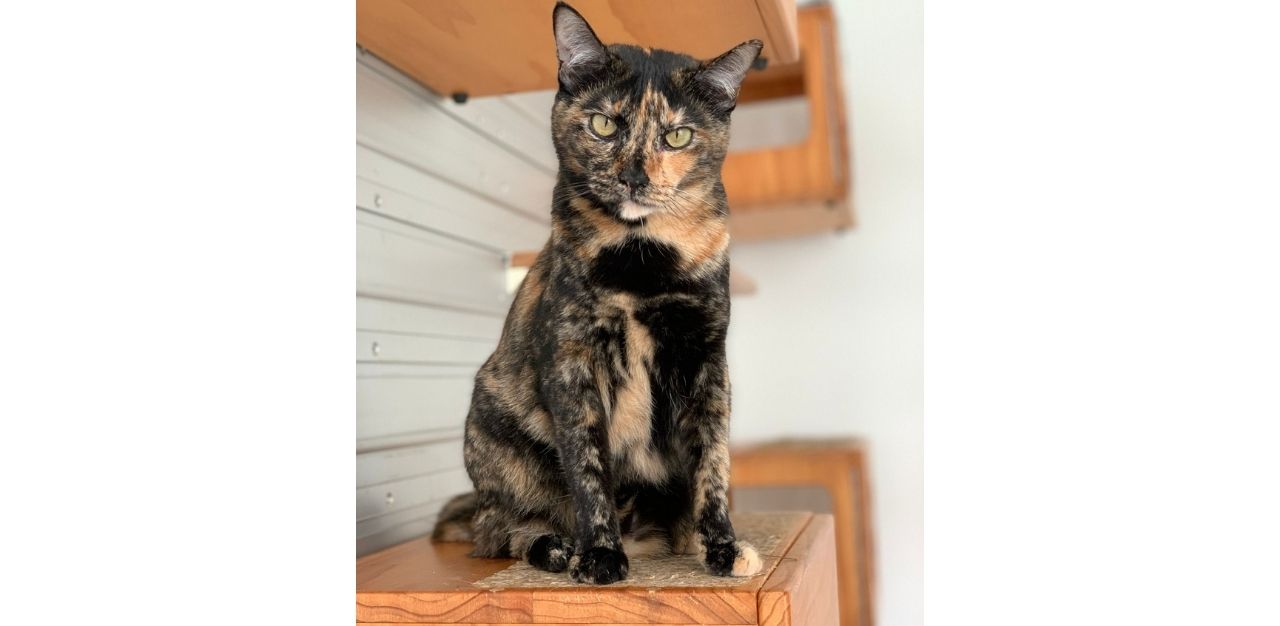
“I think it is difficult for any person to accept that they have cancer. There’s no point in asking ourselves, ‘Why me?’ I was a very healthy eater; I was a non-meat eater at the time, I ate tomatoes, mushrooms, broccoli — all these so-called ‘anti-cancer’ foods, but I still got cancer,” Nora says.
The hardest part, she says, is having the mental strength to pull through the treatment. She encourages women to remain positive and look towards a cancer-free future. During her treatment, Ms Ng had financial issues and relationship challenges. Despite that, her brush with cancer led her to cherish life more, and adopt a more optimistic outlook.
“I thank God for giving me a strong heart. Life is never a smooth-sailing journey; you will always face thunderstorms. I always tell people this: If cancer cannot kill me, nothing else can.”
Join the conversations on TheHomeGround Asia’s Facebook and Instagram, and get the latest updates via Telegram.
